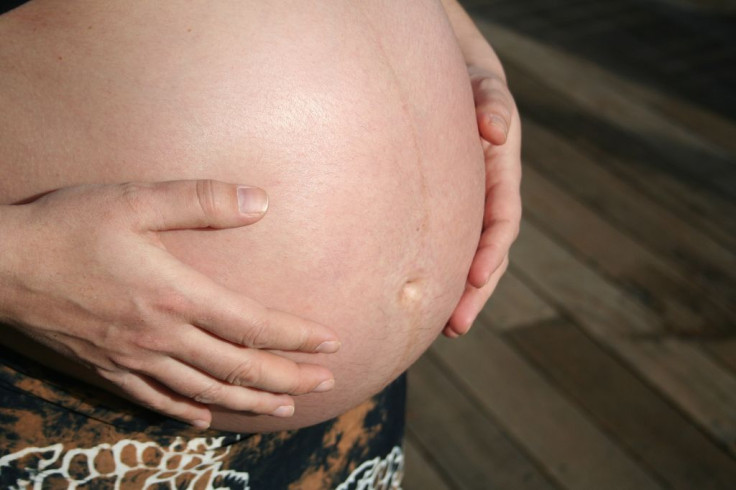IVF Success May Be Genetic: Abnormal Gene Expression Reduces 'Window Of Receptivity'

Reproductive technology has come a long way in recent years, and yet in vitro fertilization (IVF) attempts still result more in failure than success. According to a new study published in Scientific Reports, the reason may be a matter of genetics.
Researchers from University Medical Center in the Netherlands and the Center for Reproductive Medicine at the University of Amsterdam found an abnormal gene expression in the human endometria — the mucus membrane lining the uterus — was associated with IVF failure. Up until now, it’s been unclear whether or not this lining was behind failed attempts, study author Nick. S Macklon said in a press release. But this gene expression may be the first step toward better understanding IVF failure and success.
Macklon and his team reported that a significant proportion of couples undergoing IVF experience recurrent implantation failure (RIF), which is when embryo implantation has yet to occur after three or more transfers of high quality embryos. Since researchers believe this to be a "major limiting step in IVF success," they looked to prior research that has suggested endometrial gene expression is sensitive to cyclical hormone regulation, ovarian stimulation from IVF, and even during the use of an intrauterine device (IUD). They conducted two of their own cohorts where women they recruited to participate had either received IVF or intracytoplamic sperm injection (ICSI) treatment in two academic hospitals — 43 experienced RIF, and 72 experienced live birth after either IVF or ICSI.
Women were an average age of 38, had regular menstrual cycles, and had no prior use of oral contraceptives or an IUD at the time researchers obtained biopsies of the lining of the womb. Researchers could collect women’s gene expression profiles from these biopsies, and using a signature discovery set, they were able to identify a signature containing 303 genes predictive of RIF. And an independent validation in 34 samples showed that gene signature predicts RIF with 100 percent positive predictive value.
Put it another way: researchers found an abnormal gene profile in 80 percent of women with RIF that was not present in women who experienced IVF success.
"What this tells us is that a large proportion of women who suffer recurrent implantation failure may be infertile due to a problem with the receptivity of their uterus," study co-author Frank Holstege said. "Their chances of achieving successful pregnancy are likely to be very small and this information gives clinicians much more clarity in counselling patients as to the wisdom of investing further time, effort and money in ongoing treatment."
Holstege added that women who see IVF failure and do not have this abnormal expression "could be advised to persist as they have a much better chance of achieving pregnancy."
Beyond what these findings could do for international fertility research, there’s also hope the study sheds light on potential factors underlying a particular condition. Researchers said a "striking characteristic" of RIF signature genes is that there are many more genes with decrease expression — and analysis of the entire expression-profiles could "indicate more specifically the various cellular processes and structures differentially affected in RIF patients versus controls," specifically, the genes involved in cell cycle regulation and cell division, which are indicative of a reduced rate of cellular proliferation, they said. Cell proliferation can signal the development of cancer.
Next, researchers plan to trial these findings as a clinical test in order to better study its effectiveness on a wider scale.
Source: Macklon An endometrial gene expression signature accurately predicts recurrent implantation failure after IVF. Scientific Reports. 2016.



























